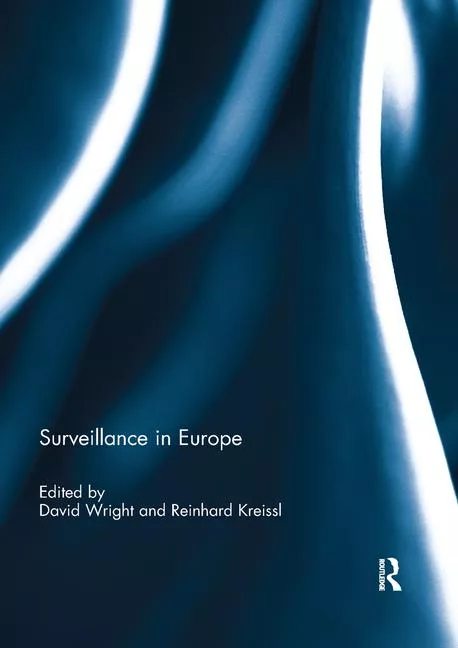NYC increases police presence in subway system

Image from Pixabay
New York City will increase police presence, security cameras, and interventions for those experiencing homelessness or mental health crises on the Metropolitan Transit Authority (MTA) subway system.
The New York City Police Department (NYPD) and the MTA will surge officer presence on platforms by approximately 1,200 additional overtime officer shifts each day on the subway — equating to approximately 10,000 additional overtime patrol hours every day — as well as two new dedicated units at psychiatric centers to help provide those experiencing serious mental health illness with the assistance they need.
The MTA Police Department and the NYPD will specifically work together to strategically deploy more officers across the system and increase their presence on platforms and on trains. The MTA will also place security guards at certain subway stations in order to increase security presence, to function as "eyes and ears" for law enforcement, and to deter fare evasion.
Further, the MTA will continue to install cameras in each subway car to enhance security coverage and increase rider confidence, as well as have train conductors announce to riders when they are entering a station with police officers present. Onboard subway announcements are another tool the MTA and NYPD are using to collaboratively deter crime and assist customers in need of law enforcement. To increase public awareness of the availability of police — when present in stations and on platforms — officers will contact train conductors to announce their presence.
To continue to address the unhoused population sheltering in the subway system and those who are suffering from severe mental illness, the New York State Office of Mental Health (OMH) will create two 25-bed units, for a total of 50 inpatient beds. In addition, OMH will expand crisis intervention training for MTA Police, the NYPD, and EMS/EMT, teaching them best practices for engaging individuals experiencing homelessness and ensuring they are fully informed of the statutory authority for the transport of individuals in need of a psychiatric evaluation.
Looking for a reprint of this article?
From high-res PDFs to custom plaques, order your copy today!






